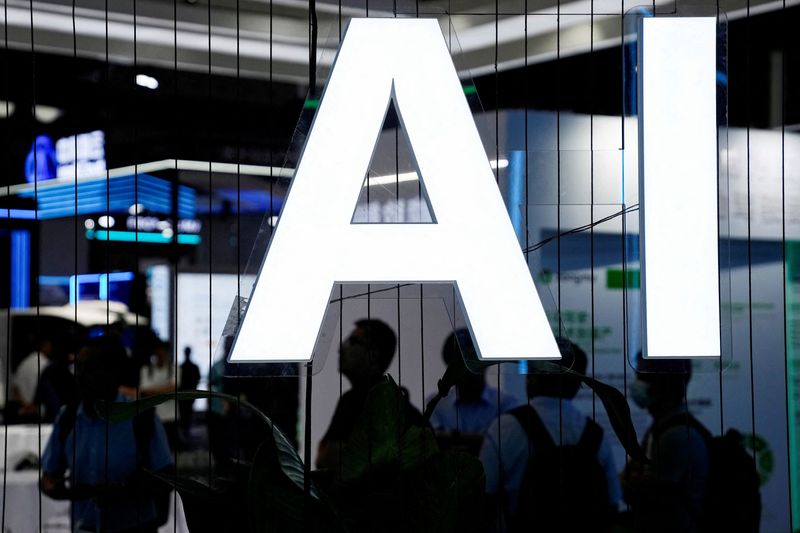Could the AI evolution become a revolution? Bank of America discusses
Bank of America (BofA), on Thursday, shared a bullish outlook on the transformative potential of generative AI (GenAI), emphasizing that the current advancements in AI could signal a major shift in technological progress.
According to BofA, while skeptics question whether the revenue potential of GenAI justifies the massive investments in AI infrastructure, the bank suggests that the technology's trajectory mirrors the early days of the internet. "The newest AI wave may catalyze a technological evolution that touches every sector," BofA said in its latest note titled ‘AI: From evolution to revolution?’.
BofA's survey of over 150 equity analysts and macro strategists reveals that enterprise AI implementations are moving from pilot phases to full-scale production. The transition could potentially enhance S&P 500 operating margins by 200 basis points over the next five years, translating to approximately $55 billion in annual cost savings.
"Analysts expect AI to drive margin expansion for 23 of the 25 industry groups globally," the report noted. Notably, sectors like semiconductors and software might see AI-driven revenue increases of around 34% and 25%, respectively.
Despite concerns about AI's impact on job creation, BofA noted that AI adoption might be deflationary. The report pointed out that while AI could lead to automation and job displacement, it could also create new roles.
The report also pointed out that "approximately 60% of US jobs in 2018 were in occupations that didn’t exist in 1940," suggesting that the job market will evolve with AI advancements.
BofA also projects that AI capital expenditures could surpass $1 trillion over the coming years, comparing the current state of AI to the internet's early days. "Skeptics declare that AI’s reality doesn’t justify the hype," the report said, yet it underscores that significant investments in AI infrastructure are crucial for realizing its potential.
The report further indicated that while AI-driven applications are still in their early stages, they are expected to drive significant improvements in corporate efficiency. As per BofA, enterprise AI apps might generate substantial cost savings and productivity gains, though widespread adoption will take time.
Looking ahead, BofA anticipated an increase in AI-native startups and new SaaS models. "AI-native startups are introducing new service as a software (SaaS) business models that may increasingly cannibalize the significantly larger $12.3 trillion US Services industry," the report said.
Source: Investing.com
